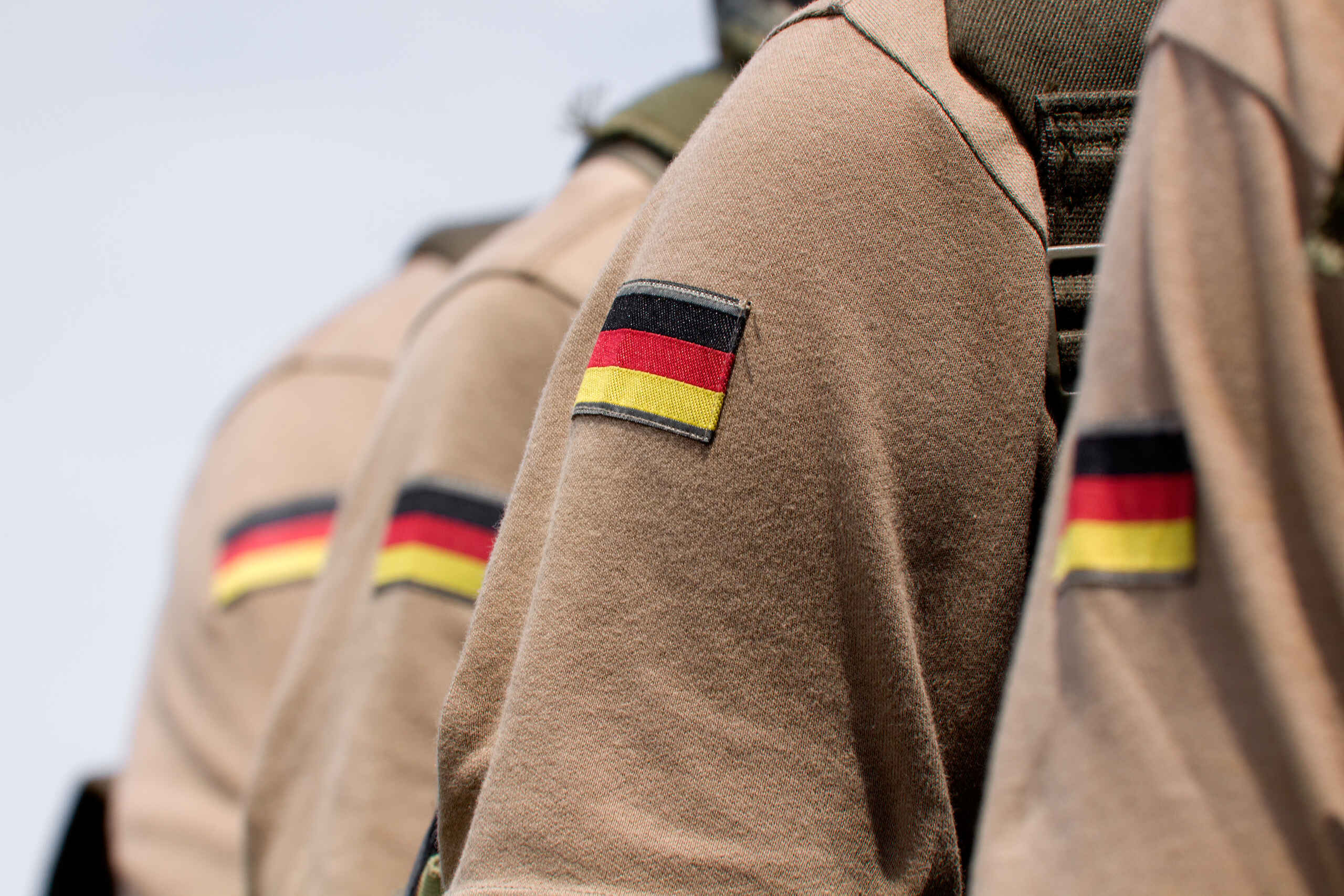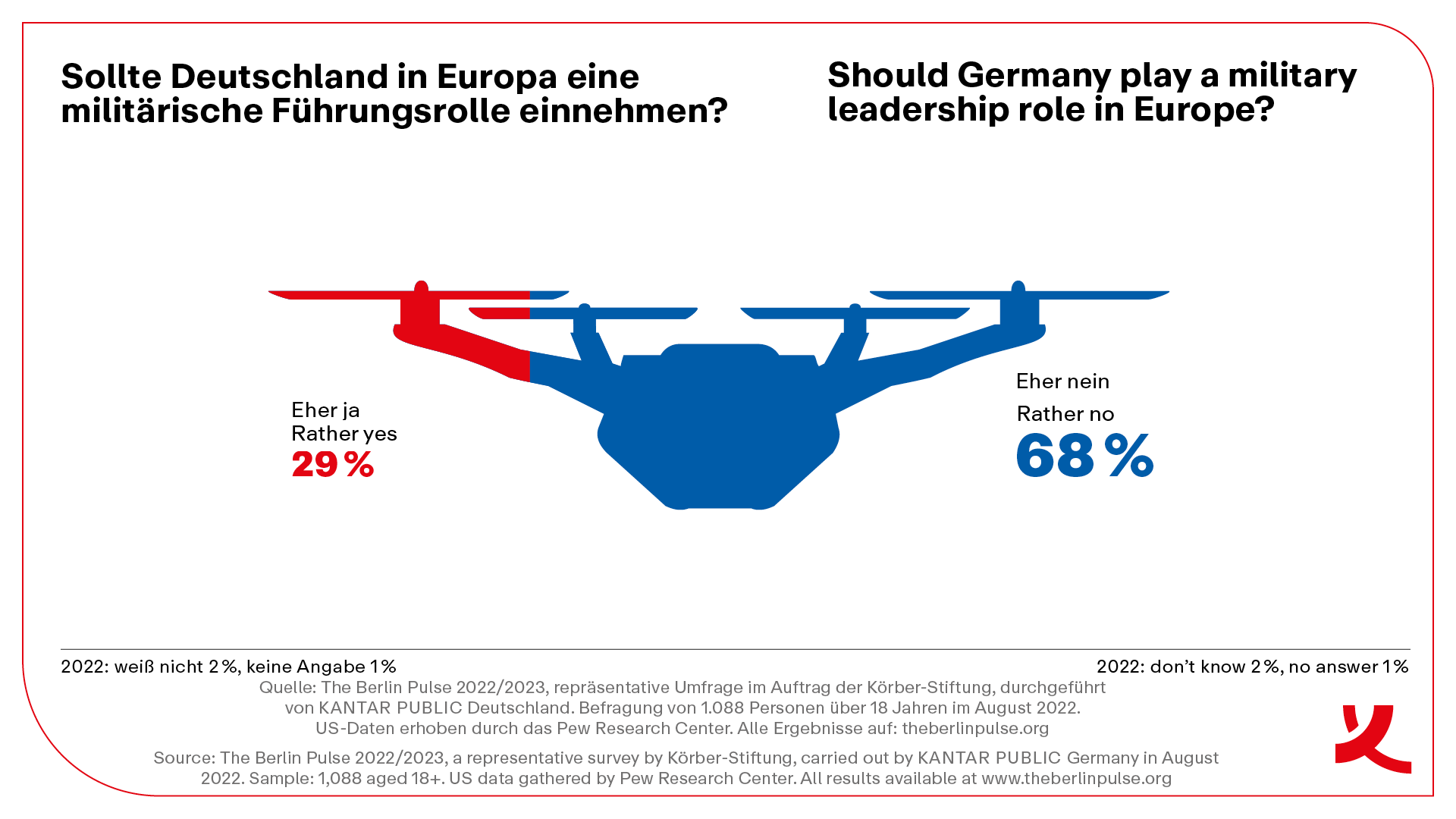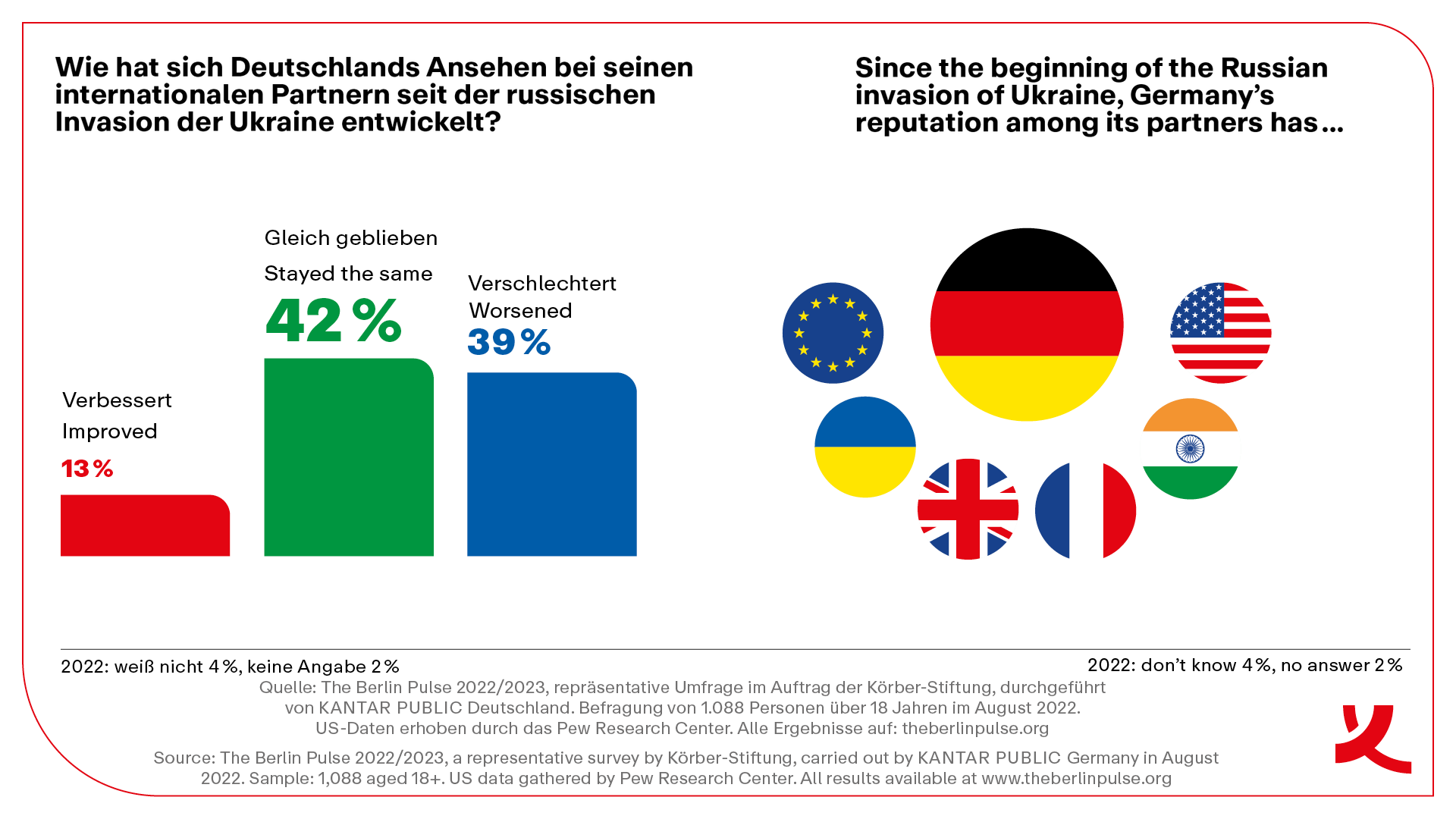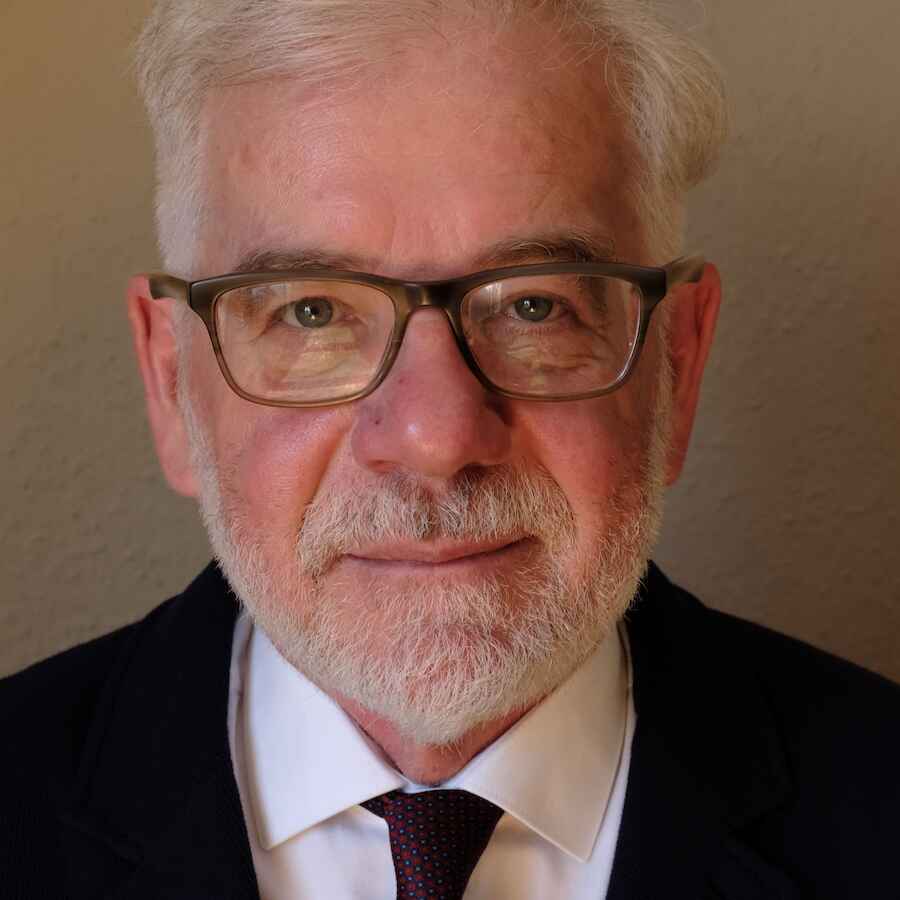
Photo: iStock
Overcoming German Ambiguity
To reconstruct European security, Berlin needs to send clear signals to Russia and join forces with Poland and France
By Jacek Czaputowicz
After Russia’s invasion of Ukraine, Germany’s Chancellor Olaf Scholz announced a fundamental rise in defence spending and the decision to freeze the Nord Stream 2 pipeline project. These steps were a response not only to Russia’s aggression towards Ukraine but also to an increased threat perception in German society. The question is whether Germany has been late with these decisions. Would Russia’s President Vladimir Putin’s calculations of potential gains and losses have been the same if Germany had not implemented its energy projects with Russia? Would there be war in Ukraine at all?
For Poland, helping Ukraine is an obligation arising from international law, including the Charter of the United Nations, as well as an ethical obligation stemming from European values. Germany, however, does not see this obligation as clearly. It claims that it would have reacted differently had Russia invaded a NATO member due to a legal obligation to engage in collective defence under Article 5 of the North Atlantic Treaty.
But would Germany’s reluctance to ‘humiliate’ Putin and its concern not to close the door to peace talks (as with Ukraine) disappear if Russia attacked a NATO member state? Would Germany defend the attacked state unconditionally? It is hard to believe that the fear of Russia, a nuclear power, would disappear in such a case. So far, Germany’s position towards military support for Ukraine justifies such scepticism. As a consequence, Poland and other Central European states rely more on those who provide this kind of support to Ukraine. They include the United States, the United Kingdom and Canada, which recognize Ukraine’s inalienable right to sovereignty, to territorial integrity and to define its own fate, and are ready to pay for this with the deterioration of their relations with Russia. From Poland’s perspective, the Ukrainians fight simultaneously for their independence and for the security of the European Union. Germany should demonstrate to the countries bordering Russia that it is a reliable and trustworthy ally. The best way of doing so would be to take the lead in supporting Ukraine with military equipment.

Polish concerns about Germany’s reaction to Russia’s invasion of Ukraine are not restricted to government circles. For example, one article in the impartial daily Rzeczpospolita argues that the increase in Germany’s spending on armaments may be a problem because trust in Germany decreased dramatically since the invasion. The author also asks a key question: Does Germany really want ‘Russia to cease to be a military threat in the future’?
The announced increase in Germany’s military spending is positive as it means a stronger NATO. However, the problem is not the size of its armed forces, which are a foreign policy instrument, but the direction of its policy. Having phone calls with Putin and considering a peace that would require territorial concessions from Ukraine is a worrying display of German ambiguity. The response by German politicians to this argument – namely, that they leave it to Ukrainians to decide whether they fight or find a solution at the negotiation table – misses the point. The key question is the willingness of Germany (and the international community at large) to support Ukraine militarily so that it can defend its sovereignty and territorial integrity against the aggressor and to bear the cost of sanctions imposed on Russia. Poland seems to do much more for Ukraine in this respect.
Germany’s support for Ukraine should be in accordance with its economic and military potential – manifested in the quantity, quality and speed of delivery of weapons necessary to repel Russia’s aggression. In the opinion of Poland and other Central European states, especially those bordering Russia, the threat from the Kremlin to the international order is so serious that only Western unity, led by the United States, can counter it. They expect Germany to pursue a policy aimed at maintaining this kind of unity. This is not the time for a separate European way of resolving the conflict or shaping relations with Russia, especially as Putin perceives the United States as Russia’s main enemy and Western European countries as potential allies.
Germany’s eventual independence from Russian energy could lead to a more decisive policy towards Moscow. But, as geopolitical and historic considerations will remain, it is unclear if such a shift is going to take place. In German political culture, Russia is seen as a vital link for the European security system. This thinking dates back to the 19th century Concert of Europe and the existence of spheres of influence that should be respected.
Today, German politicians rarely use an explicit language of geopolitics or spheres of influence. President Frank-Walter Steinmeier long preferred to speak of Russia’s indispensable place in the new security architecture. The meaning, however, is the same: Russia’s security interests – also regarding Ukraine – should be respected, and Russia must be allowed to save face. Steinmeier has since admitted he was mistaken about Russia policy, but the proof of a permanent change in German policy would not be words but deeds such as military support for Ukraine and stricter sanctions on Russia.
Could there still be a common path for Germany and Poland to reconstruct European security? From the German perspective, Poland appears to be a difficult partner that takes the lead in criticising and making demands of Germany, including for reparations from the Second World War, and not always in a diplomatic manner.
Germany and Poland also differ in their perception of the United States’ role in Europe. Berlin wants to maintain the European Union’s good and open relationship with the United States, while Warsaw wants to keep the United States in Europe. Poland and other Central European states care about the US military presence in Europe, especially on the eastern flank of NATO. In these countries, there is a conviction that, in view of Russia’s aggression, only the United States can ensure their security. This makes Washington a European actor from their perspective. In Germany, the United States is rather perceived as one of many external partners, such as Russia and China, although one closer in terms of values.

While Germans criticized US policy during the presidency of Donald Trump, most Poles look back on it positively for various reasons. First, Russia decided to attack Ukraine only during the presidency of Joe Biden. Second, Trump expressed strong opposition to the Nord Stream 2 project, which increased German and European energy dependence on Russia. Third, Trump’s calls for an increase in Germany’s military spending to the 2 per cent of GDP target set by NATO were, as we can see today, fully justified. Above all, Poles appreciated the increased US military presence in their country, which they perceive as a guarantor of its security.
Poland’s strong criticism of Russia, closer relations with the United States, pro-US position on many international issues and aspirations for an independent policy in the region, as attempted with the Three Seas Initiative (which was created without the participation of Germany) appear in Berlin as contrary to its long-term interests. The differences between Germany and Poland can be bridged only by taking into consideration each other’s expectations.
In such a situation, does the Weimar Triangle of the two countries plus France have a chance to regain its role? The visit of Scholz alongside France’s President Emmanuel Macron, Italy’s Prime Minister Mario Draghi and Romania’s President Klaus Iohannis to Kyiv in June 2022 demonstrated that the Weimar Triangle has not been playing any role in the war. However, pragmatic cooperation in international politics remains in the strategic interest of Germany and Poland despite current tensions. A meeting between the foreign ministers of the Weimar countries plus Ukraine would have important symbolic meaning and may bring the format to life. It would demonstrate that Ukraine is treated as an equal partner and would send a clear signal to Russia. It may also be a means to improve relations among France, Germany and Poland. Is such an initiative feasible? We will only know if we try.
A German version of this piece was published by Neue Zürcher Zeitung (NZZ) on 17 October 2022.
Jacek Czaputowicz is professor at the University of Warsaw and was Poland’s minister of foreign affairs from 2018 to 2020.
